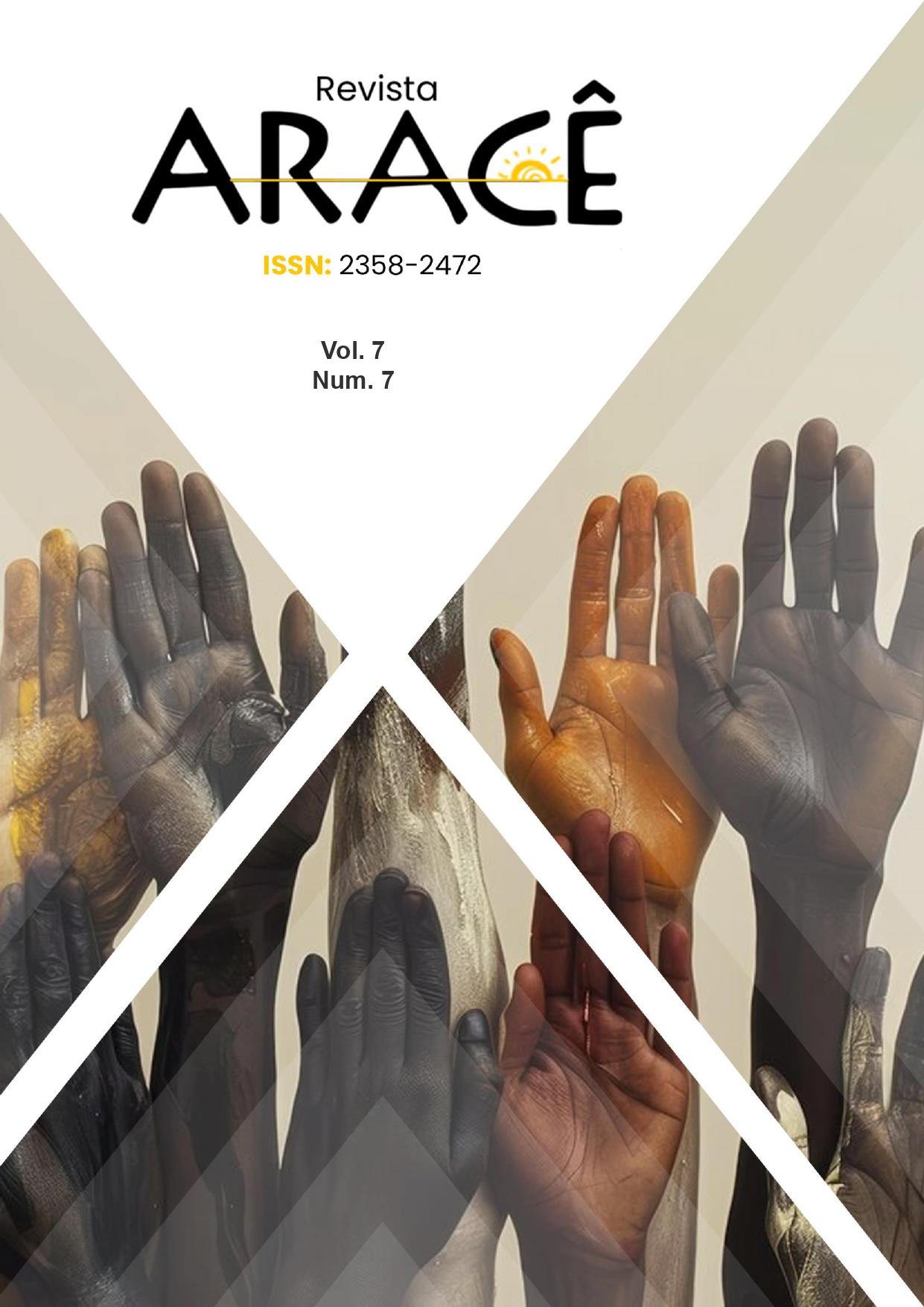A NOVA FACE DA MANIPULAÇÃO ELEITORAL: ALGORITMOS, REDES SOCIAIS E LEGITIMIDADE DO VOTO
DOI:
https://doi.org/10.56238/arev7n7-079Palavras-chave:
Direito Digital, Internet, Manipulação, Redes Sociais, VotoResumo
As novas tecnologias e a sociedade atual são indissociáveis, esta necessitando cada vez mais daquela, porém a evolução da Internet e Redes Sociais não é acompanhada pela legislação, e talvez seja um perigo que fosse, mas o Direito como um todo não pode se evadir destas mudanças recentes. Este cenário de evolução trouxe algumas questões problemáticas, como as eleições de 2016 dos Estados Unidos e o Movimento 05 Estrelas na Itália, os quais demonstraram o poder que os algoritmos e IA’s das Empresas de Big Tech possuem na decisão dos líderes políticos. A atividade paraestatal das referidas empresas ou mobilizações terão sua análise como o Objetivo Geral, ao passo que o Objetivo Específico vai observar a Legitimidade do Voto Popular daquele que foi guiado a determinada visão política por meio dos algoritmos das Redes Sociais. O problema central a ser enfrentado pode ser resumido na seguinte pergunta: O voto do eleitor manipulado pela internet e redes sociais é válido? Como hipótese inicial tem-se que sim. A metodologia utilizada foi bibliográfica, usando estudos sobre algoritmos, IA’s, Internet, Redes Sociais, neurociência e o Direito Digital. O Resultado da pesquisa é de que o setor privado está adquirindo um poder excessivo e gerando o controle das massas de maneira quase imperceptível, porém, por referencial a lei brasileira é que o privado pode fazer tudo aquilo que não contrarie a Lei, do ponto de vista legalista é um voto como qualquer outro: Legítimo, mas devemos ter outras questões adiante, como se estamos melhor com a Internet e as Redes Sociais como estão hoje.





